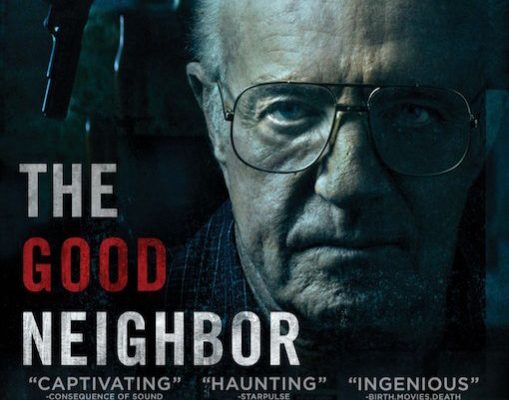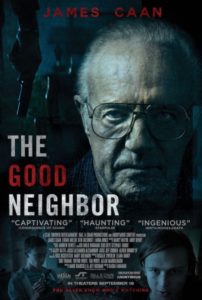Grace and space.
The older I become, the more grace and space I give to people.
My younger, more passionate self, would launch into a diatribe reacting to a word or a phrase in conversation. Social media has upped the ante with it ubiquitous presence, a menace, igniting emotional dry tinder. We watch people in airports and wonder about their lives. We hear passing dialogue, pondering the thoughts our fellow earthdwellers.
 How am I to know the intentions of a person? How can I see beneath the surface of another’s life? How am I to read between the lines of what a person says and what they cannot say? How I am to know the reason why anyone behaves the way they do? Can we say for sure what someone’s motivations may be?
How am I to know the intentions of a person? How can I see beneath the surface of another’s life? How am I to read between the lines of what a person says and what they cannot say? How I am to know the reason why anyone behaves the way they do? Can we say for sure what someone’s motivations may be?
The questions continue when we watch The Good Neighbor. Two high school boys set out to conduct a social science experiment. They want to see how an old man across the street will respond to the intentional “haunting” of his house. Cameras and electronic gadgetry are set up in his absence. The two voyeurs then spend days watching the old man on screens as they ratchet up the psychological tension. We, the viewers, see the screens, watch the reactions, all the while anticipating impending doom.
 Doom makes its appearance early and often. The director Kasra Farahani uses flashbacks and fast forwards to create a patchwork quilt, left unstitched until the final scenes. James Caan’s subtle performance blends macabre with a personal emptiness aching to be revealed. The boys’ roles (Logan Miller, Keir Gilchrist) we find abhorrent. Yet, we are left to wonder if the old man isn’t getting a bit of what he deserves. And boy, are we wrong.
Doom makes its appearance early and often. The director Kasra Farahani uses flashbacks and fast forwards to create a patchwork quilt, left unstitched until the final scenes. James Caan’s subtle performance blends macabre with a personal emptiness aching to be revealed. The boys’ roles (Logan Miller, Keir Gilchrist) we find abhorrent. Yet, we are left to wonder if the old man isn’t getting a bit of what he deserves. And boy, are we wrong.
Some of us start a movie, then run to the fridge for refreshments. Don’t. Don’t miss the opening voice-over statement. The theme will lay dormant in the back of our minds until the reveal. The questions listed above are then easily answered.
 And we are left to linger, to ponder, to reflect. Do I assume the thinking or feeling of others? Is it possible for me to fully understand why a person reacts the way they do? Are the results of someone’s life the fullness of their person? Do we ever spend enough time to listen so that history and misery can be revealed? We hate it when someone says to us, “I understand what you’re going through.” But how many times have we said or thought just that? The Good Neighbor slams our face against the mirror just in case we missed the image in the glass.
And we are left to linger, to ponder, to reflect. Do I assume the thinking or feeling of others? Is it possible for me to fully understand why a person reacts the way they do? Are the results of someone’s life the fullness of their person? Do we ever spend enough time to listen so that history and misery can be revealed? We hate it when someone says to us, “I understand what you’re going through.” But how many times have we said or thought just that? The Good Neighbor slams our face against the mirror just in case we missed the image in the glass.
The ending is a set up you never see coming, a shot to the solar plexus, a wake up call. If we are listening we can hear the words whispered, “Give grace and space, grace and space, grace and…”
 We don’t know what’s behind locked basement doors or the locked doors of another’s life.
We don’t know what’s behind locked basement doors or the locked doors of another’s life.
Dr. Mark Eckel is president of The Comenius Institute and has written a book on movies, When the Lights Go Down: Movie Review as Christian Practice.



Love it..I to this day when I watch a movie think of the things, I learned in your class. I always pay attention to the music, the tones, the words between the lines because, I had this amazing, Christian world and life studies teacher once, who made a huge impact on hoe I view the world.. And movies :)..thank you